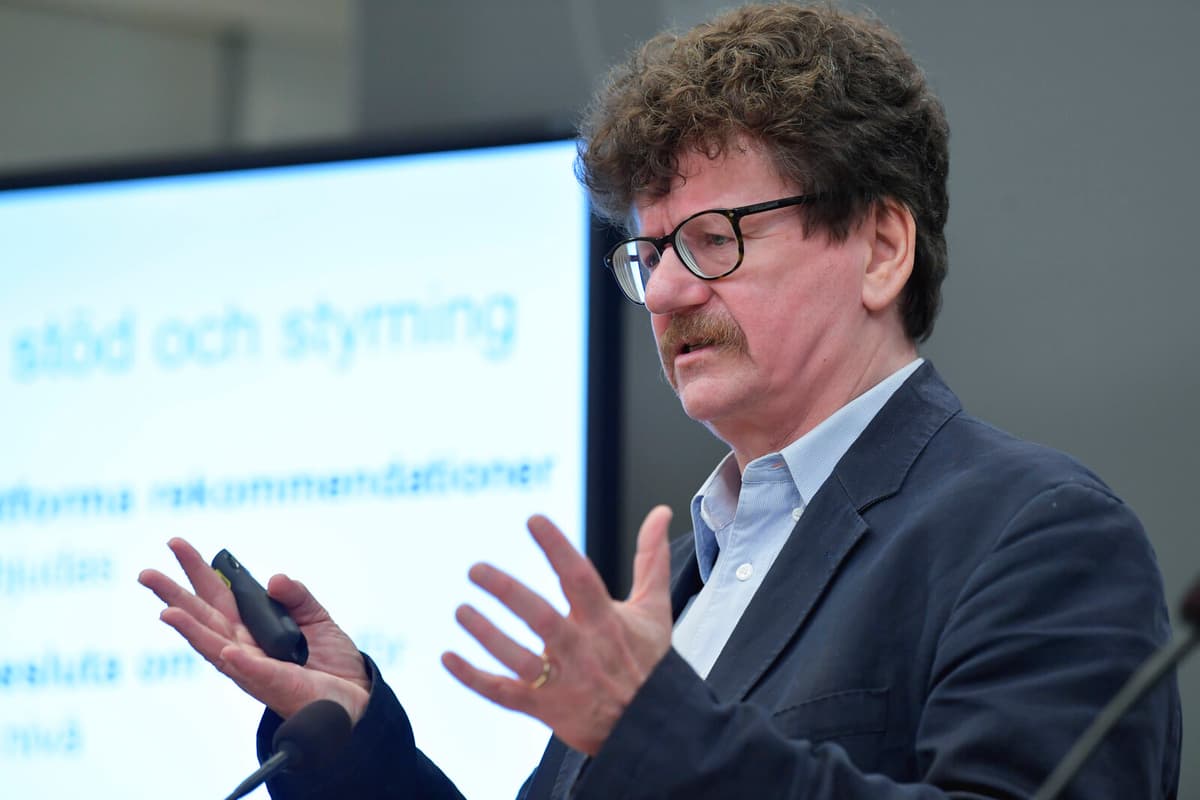A Social Democratic working group presented a proposal last summer for a shortened workweek – from the traditional 40 hours per week to 35 hours.
The Green Party also advocates for a shorter workweek, just like some trade unions, not least in the healthcare sector where working hours were a major stumbling block during the summer's strike.
Critical Voices
However, critics are also many. They argue, among other things, that it would cost too much and that there is already a shortage of personnel in several sectors.
Lars Stjernkvist, a former member of parliament and municipal politician for the Social Democrats, was tasked with examining how the labor market can be improved so that people can work a full career.
I personally find it hard to understand the demand for a general reduction in working hours, he says.
Demands on Welfare
The investigation did not look at the specific issue of reduced working hours. However, the report notes that there are major challenges ahead on the labor market, not least due to demographic changes – the birth rate is decreasing while the aging population is growing, which will place increasing demands on welfare.
A general reduction in working hours would not contribute to solving that equation, according to Stjernkvist.
If we need more people and more resources for healthcare and care, why should we then allocate large resources to reducing working hours in many areas where we also have a shortage of labor but not the same problems with the work environment? I find that hard to understand.






